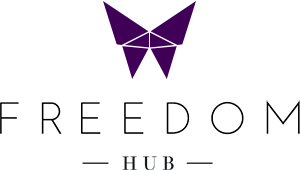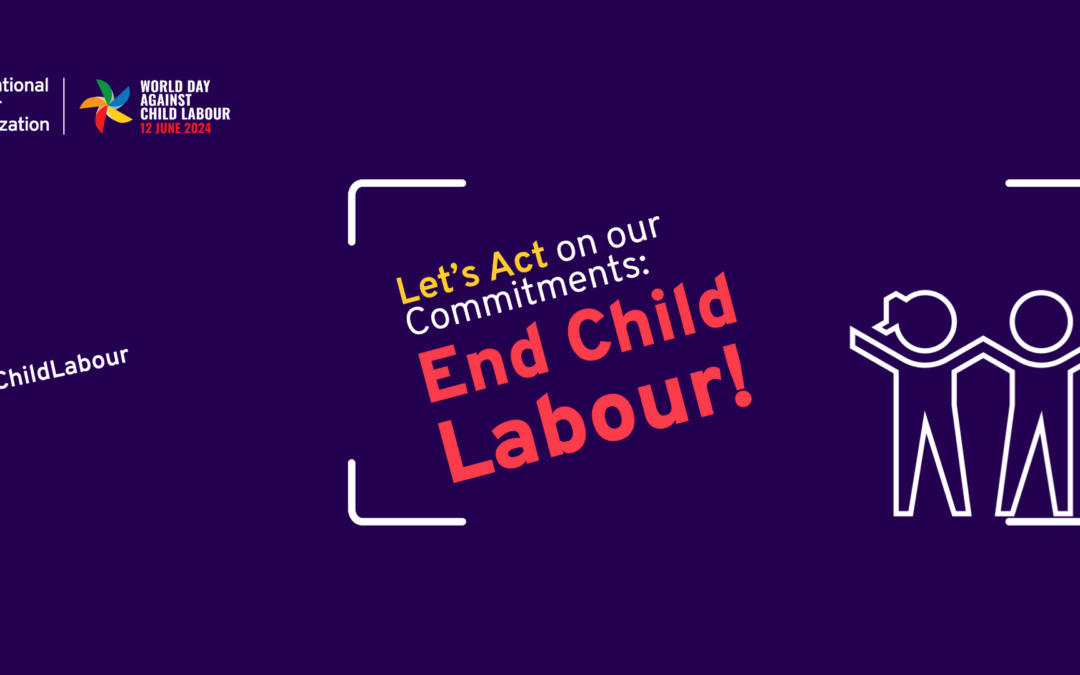World Day Against Child Labour 2024
Every year, 12 June is World Day Against Child Labour, a day dedicated to raising awareness and driving efforts to eliminate child labour worldwide. In 2024, the theme is “Let’s act on our commitments: End Child Labour!” This year marks the 25th anniversary of the adoption of the Worst Forms of Child Labour Convention (1999, No. 182), highlighting the ongoing battle against child labour and urging everyone to step up their efforts.
Global Distribution of Child Labour
Child labour is a global issue, but its prevalence varies across regions:
- Africa: Highest percentage of children in child labour (20%) and the highest absolute number (72 million).
- Asia and the Pacific: Second highest with 7% of all children (62 million).
- Americas: 11 million children (5%).
- Europe and Central Asia: 6 million children (4%).
- Arab States: 1 million children (3%).
While low-income countries have the highest percentage of child labour, middle-income countries have the largest absolute numbers, with 84 million children in child labour.
2024 Statistics on Child Labour
In the least developed countries, more than one in four children (ages 5 to 17) are engaged in labour that is harmful to their health and development.
In sub-Saharan Africa, more than one in four children aged 5 to 17 years are engaged in child labour.
In all regions, boys and girls are equally likely to be involved in child labour, though girls are often more likely to be involved in unpaid household services.
Australia’s Efforts to Combat Child Labour
Australia is committed to tackling child labour and has ratified two key international treaties aimed at protecting vulnerable workers:
- ILO Minimum Age Convention, 1973 (No. 138): This convention sets the minimum age for young people to start employment, ensuring they can work safely without interfering with their education.
- ILO Convention No. 182: Focuses on eliminating the worst forms of child labour and has been a critical part of Australia’s strategy.
Key Objectives for 2024
This year’s World Day Against Child Labour calls for:
- Effective Implementation of ILO Convention No. 182: Ensuring global adherence to this convention, which focuses on eliminating the worst forms of child labour.
- Renewed Action to End Child Labour: National, regional, and international efforts to adopt policies and tackle root causes of child labour, as emphasised in the 2022 Durban Call to Action.
- Universal Ratification of ILO Convention No. 138: This convention concerns the Minimum Age for Admission to Employment, aiming for global legal protection for children against all forms of child labour.
Steps to Eliminate Child Labour
Governments:
- Create and enforce laws that set work standards, such as a minimum age for employment, minimum wages, and anti-discrimination policies.
- Uphold child rights through laws prohibiting child labour and enforcing compulsory education.
- Develop policies to address domestic poverty, such as free education and social protection for injury, illness, and unemployment.
- Implement purchasing policies to ensure government procurement favours child labour-free options.
Businesses:
- Review supply chains to eliminate child labour and promote fair wages.
- Seek certification to confirm that their goods are child labour-free.
- Practice ethical consumerism when sourcing goods and components.
Organisations:
- Advocate to governments, businesses, and communities for actions against child labour.
- Deliver community programs to alleviate extreme poverty, such as skills training, business start-up support, and savings programs.
- Provide programs to help child labourers return to school, including remedial education and access to school materials.
- Offer independent certification for fair wage and child labour-free goods, promoting ethical consumerism.
Individuals/Communities:
- Organise campaigns encouraging ethical consumerism and actions to address child labour.
- Practice ethical consumerism.
- Participate in community activities to promote child rights and combat child labour.
World Day Against Child Labour 2024 is a crucial reminder of our collective responsibility to protect children and ensure their right to a safe and healthy childhood. As we celebrate the milestones achieved over the past 25 years, it’s vital to intensify efforts and turn commitments into actions to end child labour once and for all. At the Freedom Hub, all of the products in our shop are sourced ethically, and 100% of the profits support ending slavery and helping survivors!
Our Work at The Freedom Hub
At the Freedom Hub, we provide survivor-informed guidance on human rights risk. Human right and survivor guidance is is embedded into our company values and social impact. So we offer other businesses and large corporations ethical business services that help them implement and embed anti-slavery values and human rights into the culture of their organisation.
From Lunch and Learn sessions for employees, to ‘all hands’ workshops with industry-specific case studies and mapping of supply chains, to Greivence Response pathways and Board Information briefs on Risk and Governance. The Freedom Hub is doing all we can to help end global slavery. We are grateful to be assisting fashion brands to address this issue.
R.A.M.P is our Risk Assessment and Measurement Platform is designed to help procurement teams manage their vendor/supplier portfolios while assessing the risk of slavery in the lower tiers of their supply chains and business processes. It also provides an effective measurement tool for company actions taken in response to modern slavery, driving long-term societal change against exploitation.
Join Our Team
Help raise awareness and join our local volunteer team; contact us here. Our next volunteer information night is coming up in a few weeks.
If you’d like to opt into our monthly newsletter, opt in here.
If you would like to support our work, you can donate here. We are a registered Australian Charity and all donations support survivors of modern slavery in Australia who are in our Survivor School.
If you would like to learn more about our Survivor School or our Ethical Business Service look in the drop-down menus at the top of our website home page.
THANK YOU FOR TAKING THE TIME TO READ OUR BLOG (Please review it or share it with others)
Written by: Zainab Attarwali

